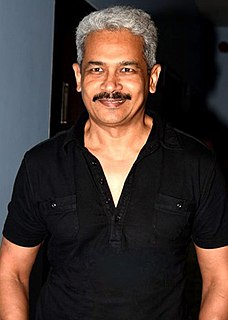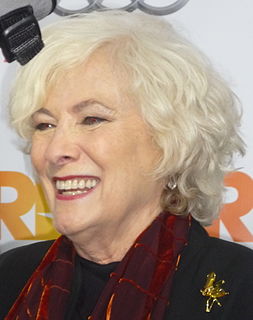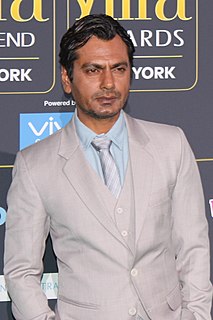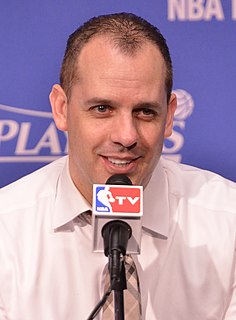A Quote by Atul Kulkarni
When you are acting in a film, you are only worried about your performance and how the film will shape up.
Related Quotes
The most difficult thing about acting and directing in a film is acting and directing in a film. Every ounce of your physical and emotional being, and your analytical and thoughtful and producorial being, is being exercised at all points. You are 100% working on overdrive, but because it is only for X amount of days, if you have the stomach for it, you hustle through. It's a massive undertaking, and I think preparation is the key to success for that endeavor.
I'd never read 'Prince Caspian'. I watched it and loved that film. Everybody was talking about its lack of success; its relative success in comparison to the other film. It's a great film. It deserved to do a lot better than it did. It's very difficult to make a film that will match up to the first.
You don't have that interaction with the audience when you're acting for film; you're kind of acting in a vacuum. You're acting for a disinterested grip who just wants to reply to his wife about what time he'll be home for dinner. Everyone else on a film set is also there because they're paid to be there. They're not there because they're passionate about what you do necessarily.
The film room teaches you how to do the job, how to study the game, how to teach the game from film. How to create an advantage for your team by knowing your opponent, and all their plays and tendencies. And there's no better guy in the world that I've been around than Jim O'Brien at breaking down film.




































